5/10
Plant-Based Leaders | Earth Brands
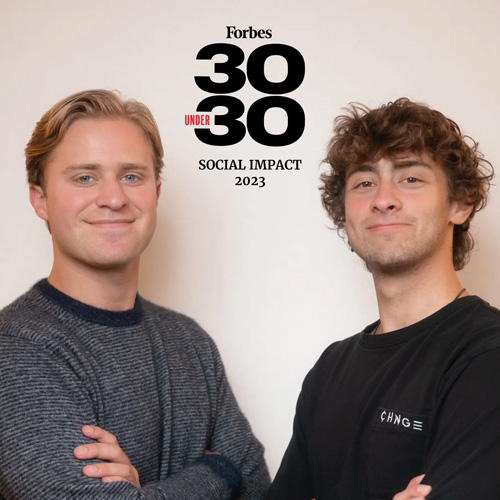
Inspiration for powerful business ideas comes in all shapes and sizes, but rarely are companies launched in a field filled with trash.
Misha Medvedev and Peter Frelinghuysen were crossing campus at Williams, a small liberal arts college in Massachusetts, when they came across the remnants of a very large party.
The prior night’s revelers had strewn red plastic party cups everywhere, leaving Misha and Peter with questions about their impact on the environment.
“We calculated the number of times plastic cups were used on college campuses and came up with an estimate of eight billion a year,” said Misha.
It left an impression on the two men as they considered the sustainability implications.
“That night we decided to team up and do something,” said Peter.
They founded Earth Brands in late 2019 to take on the ubiquitous red plastic cup, entering a global market for disposable cups that they estimate produces 40 billion cups a year.
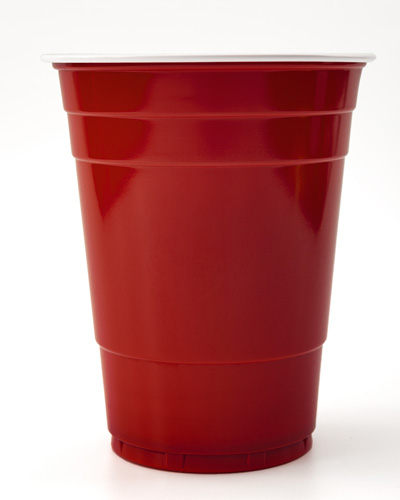
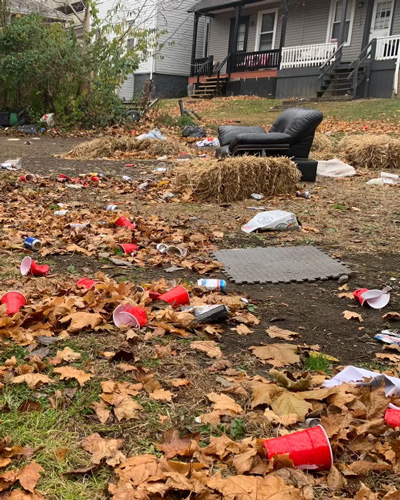
“And after months of research and a lot of samples, we finally came up with a perfect plant-based, compostable alternative,” said Misha.
Earth Brand’s Earth Cups require roughly 50% less energy and water than a typical plastic cup. They are microplastic-free and 100% compostable in industrial facilities.
“To start, we made one hundred thousand cups and stored them in my mom’s garage,” said Misha.
They primarily focused on liquor stores adjacent to college campuses, taking their environmental message to store owners. And they reached out to friends on social media, asking them to do the same.
They sold out in two weeks.
Among their earliest investors: Mark Cuban.
They have since sold 16 million cups and counting, while expanding into new products.
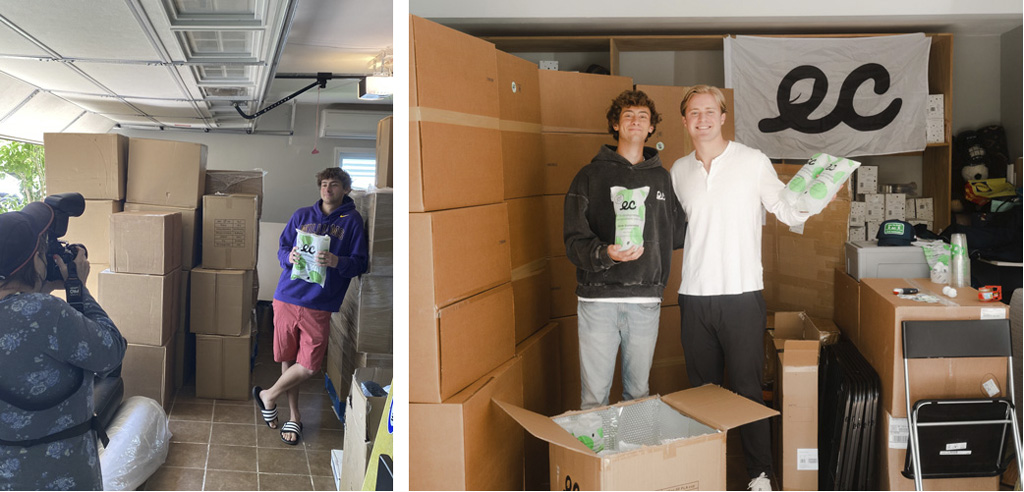
Driving Awareness to Create New Markets
And they’ve done it by building a grassroots movement that leverages over 3,500 brand ambassadors across more than 400 college campuses. This group is both their frontline sales team and a powerful marketing movement that spans social media, driving engagement with the product.
With the impressive reach of this grassroots team, Earth Brands is creating demand for more plant-based products, driving awareness and interest among a consumer segment whose purchasing power will only expand.

“Our mission is to make sustainability cool and universal.”
“Today, less than one percent of all plastic is plant-based, and we know that is going to grow substantially over the next five to twenty years,” said Peter. “We’re excited to be the company that’s actually going out there and creating that demand.”
“Our mission is to make sustainability cool and universal,” Peter continued. “By making plant-based products more accessible, we are showing people on a daily basis that this is an easy and affordable switch that can be done for all the right reasons.”
And hopefully, these college students will continue to seek sustainable plant-based products even after they graduate.
Growing Beyond Campus
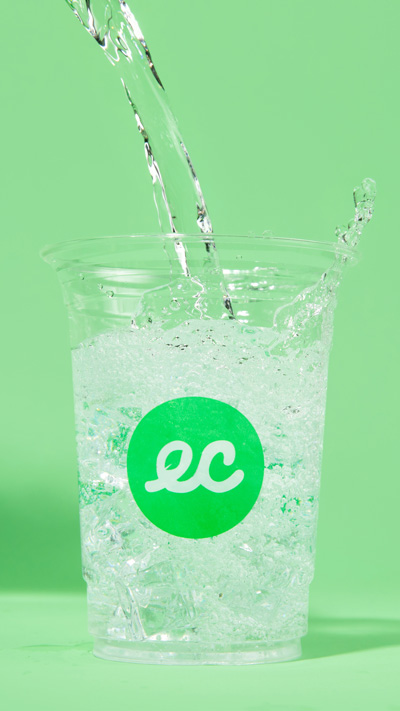
“The summer we launched was a blessing in disguise with COVID,” said Misha. “There were cup shortages and breweries started reaching out to us seeking cups for their locations, whether those cups were plant-based or not.”
The shortage opened doors to customers who soon came to value the sustainability opportunity that Earth Brands delivered.
The company has jumped into the food service industry with both feet since the COVID outbreak, shipping cups through most major distributors and seeking partnerships with major brands and venues.
“Breweries, bars, stadiums, festivals, hotels, airlines – there are just a lot of cups everywhere you look,” said Misha.
And in less than two years, they sold more than 10 million cups, while setting their eyes on even bigger prizes.
Sweeping Goals
“In the last few months, we’ve expanded into other plant-based products: straws, bowls, containers, hot cups – we’re creating a one-stop shop for venues seeking sustainable products,” said Peter.
And they hope to see their product line change and grow even further in the future, utilizing a broader range of feedstocks and new technologies.
Earth Brands cites research and development happening in sugarcane, bagasse, seaweed, PLA (a resin made from corn known scientifically as polylactic acid), and PHA.
“Eventually, we want all of our products to be home compostable and marine degradable. That way, our products will leave nothing behind, no matter how they are disposed of,” said Misha.
“Perhaps in the next five years we will be making all our products out of a new material that doesn’t even exist today,” Peter added.
And they are taking control of their own corporate destiny, not just with new products, but expanding their operations upstream.
Currently, they are exploring the creation of their own manufacturing facility in the U.S.
“We want to be the company that, in ten years, is end-to-end – from developing the raw materials, manufacturing products, branding, and distributing directly to business and consumers,” Misha said.
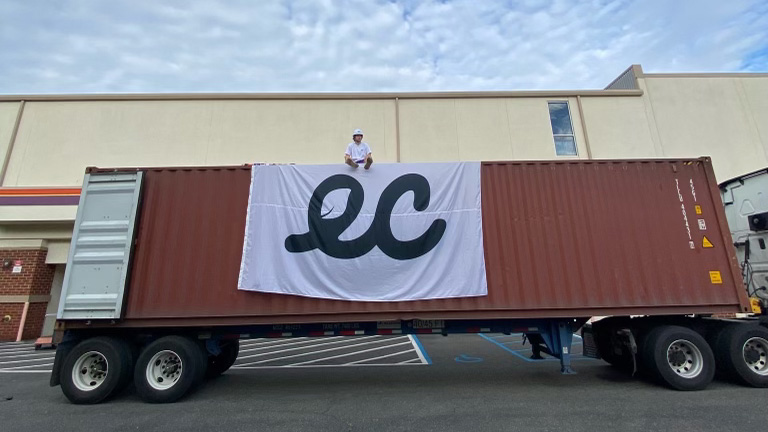
Closing the Loop
But getting the products to the proper facilities for disposal remains an industry challenge.
“We also want to be the company closing the loop for our products by collecting them, turning them back into raw materials, and then back into new, home compostable products. These materials can move through that cycle from raw materials to products ten or fifteen times or more,” added Peter. “That is the near perfect solution we are working towards.”
That process has already started.
Earth Brands has been working with Princeton University; the TD Garden, home of the Celtics; and the American Airline Center, home of Mark Cuban’s Dallas Mavericks.
Princeton’s reunion events are perhaps the best example, which sees 40,000 attendees every year for their alumni events – representing the largest beer-consuming event in the country, per Earth Brands.

“Everyone is drinking out of plastic cups for three days straight,” said Misha. “Now, they’re plant-based and collected and taken to a composting facility thanks to our closed loop services.”
Earth Brands even creates special cups with the Princeton logo for their reunion and sets up waste collection points. Staff at those collection points help to educate alumni about the benefits of plant-based products and composting.
“We have a database of every industrial facility in the nation, and we want to partner with them – connect them to our clients and ensure the cups become compost,” said Peter.
But there are only about 3,000 composting facilities in the U.S. and only a couple of hundred accept plant-based plastics, like Earth Cups, notes Misha.
The Need for Composting
And that’s a problem for companies like Earth Brands.
“We are obviously strong supporters of the U.S. Composting Infrastructure Coalition and their mission, and PBPC’s work in this area,” said Misha.
This group of stakeholders across the organics recycling and sustainable materials communities is working to help find solutions for waste reduction and recovery solutions like composting, including growing the footprint of the composting industry.
“We see the need for more composting infrastructure in the U.S. every day,” said Peter. “We need more facilities and more investment in existing facilities to truly fulfill the closed loop promise of our products everywhere they are sold.”
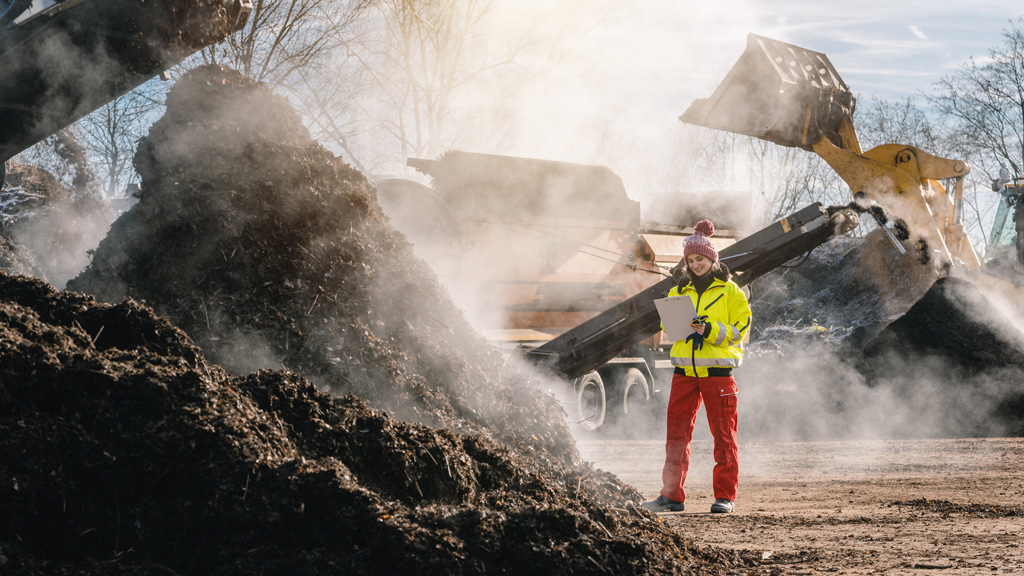
We need more facilities and more investment in existing facilities to truly fulfill the closed loop promise of our products everywhere they are sold.
PBPC Driving Change
In November of 2022, Misha was nominated to join the board of the Plant Based Products Council.
“It was a real honor to be nominated to the board of PBPC,” said Misha, who is still in his early 20’s, making him PBPC’s youngest board member.
He cites the composting initiative as one of the more important PBPC policy areas for Earth Brands and the larger plant-based products industry.
“PBPC is in the thick of it, driving policy change in Washington and helping ensure sustainability-focused businesses like ours can thrive,” said Misha. “It’s exciting to work with leaders who understand our challenges and who are actively helping to craft real solutions.”
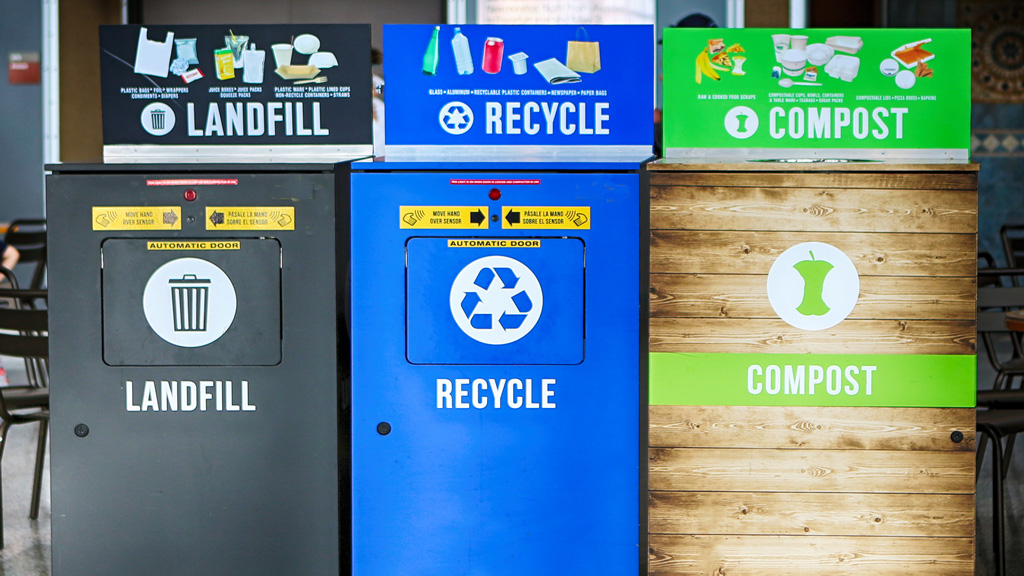
Join our growing group of plant-based leaders working toward a more sustainable economy. Learn more about the benefits of PBPC membership.

